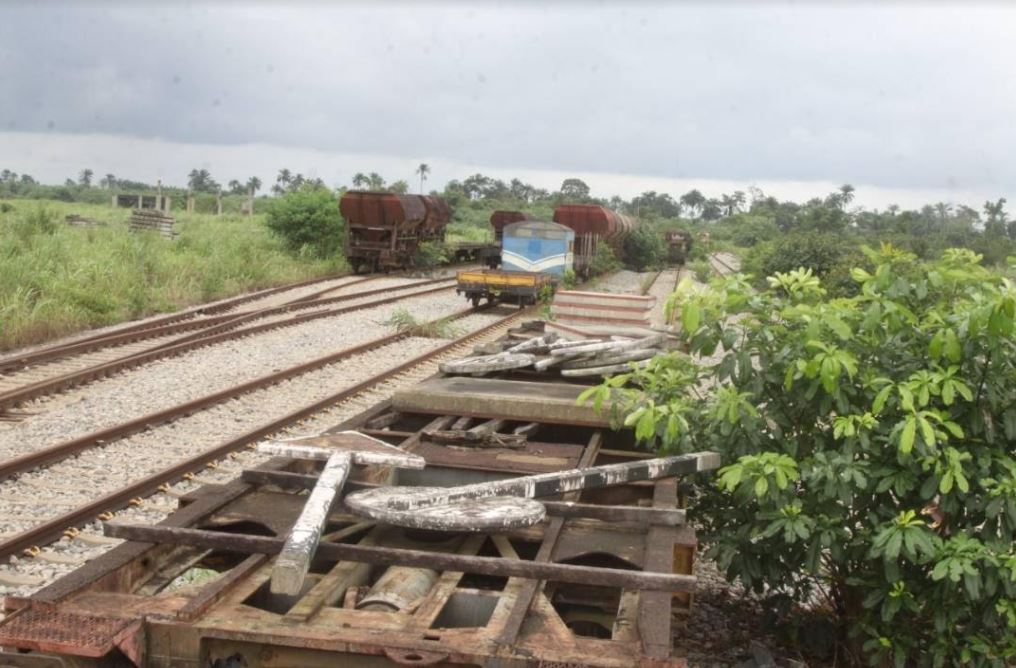
It appears the transport sector is on the brink of some positive news. After over 30 years since it was conceived without hope of its completion, it seems the Itakpe-Ajaokuta-Warri rail line is about to experience a new lease of life. The presidency last week reported that significant progress has been made on the rail line. This is coming weeks after the Minister for Transportation, Rotimi Amaechi told newsmen that the standard gauge line would be ready for commercial operations by September this year. However, the more optimistic Managing Director, Nigerian Railway Corporation, Fidet Okheria had suggested that the line would be ready for operation in August. And truly, the ongoing spate of work portends a possible actualisation of that deadline.
The strategic importance of the Itakpe-Ajaokuta-Warri rail line to the transport sector and the entire economy cannot be overemphasised. The central railway line project was conceived in the 1980s primarily to link the steel company in Aladja with adjoining towns and nearby ports. It was however abandoned due to lack of funds and the total neglect of the rail sector by successive administrations. The abandonment became the enticement for local criminals to vandalise and engage in other forms of criminal activities that saw the rail line slid into abysmal deterioration in spite of the initial work done.
It is elating that the current administration seems committed to building on the achievements of the preceding administration to revive the rail sector. This has been the clamour for many years – for government to pay attention to rail as an enduring form of transportation. Investment in rail is a viable one that guarantees long-term leverage almost certainly more than any other mode of transportation.
It is somewhat worrisome that Nigeria is still battling with laying tracks for standard gauge when other countries are already completing turbo trains and other variations of high-speed train. The Minister was even celebrating that Nigeria would be the first country in Africa with a standard gauge line when it is common knowledge that there are considerable numbers of high speed rails in Africa, and nearly all high-speed rail lines are known to use standard gauge.
Nevertheless, the little success recorded so far is commendable. The completion of this rail line holds many prospects. It will undeniably provide the impetus for the resuscitation of the well-known Ajaokuta Steel Company that has remained in a shameful state for many years, and also bring back ancillary industries that have gone into extinction due to inactivity. The rail line will also significantly affect the functionality of the Delta Port, Warri since the original plan was to provide a freight system for the transportation of steel from the Ajaokuta Steel Mill to the iron ore deposits at Itakpe and provide it with coal, imported through the Delta port.
As we hope for the early completion and operation of the rail line, it will be cheering for the government to pursue other impending rail lines that have been approved for construction and reconstruction in the budget and financed by the loan infrastructure Nigeria sourced from China recently.
Overall, the success recorded in the rail project so far is commendable and as we celebrate the progress of the Itakpe-Ajaokuta-Warri line, we look forward to seeing the Lagos-Ibadan-Kano line come to life in earnest. We are confident that the completion of these projects will trigger a positive alteration to our transportation system for the better.
Copyright Ships & Ports Ltd. Permission to use quotations from this article is granted subject to appropriate credit given to www.shipsandports.com.ng as the source.
